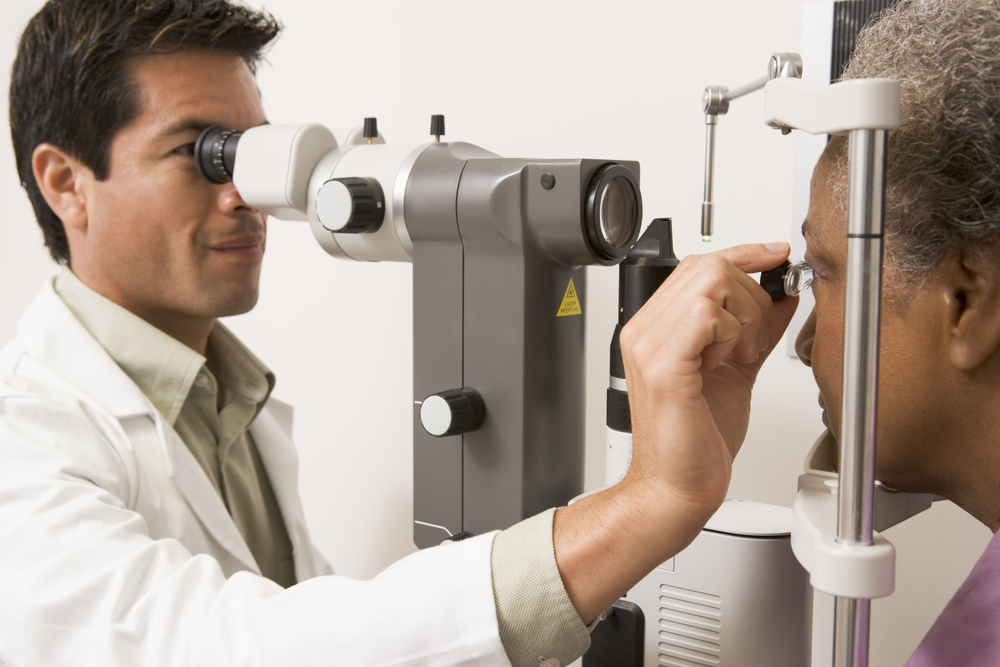A Comprehensive Guide to Eye Surgical Treatment Treatments Available at Your Ophthalmologist's Technique
In the world of ophthalmology, the innovations in eye surgery treatments have opened a world of opportunities for those looking for enhanced vision and eye health and wellness. From the well-known LASIK eye surgical procedure to the much less familiar Corneal Transplants, the range of treatments readily available at your optometrist's method can attend to a range of vision-related problems. Recognizing the subtleties of each treatment alternative and how they can potentially transform your vision calls for a more detailed take a look at the end results and intricacies connected with these treatments. Let's explore the varied landscape of eye surgery treatments that can possibly enhance your visual skill and lifestyle.
LASIK Eye Surgical Procedure
When considering vision correction treatments, LASIK eye surgical procedure arises as a famous selection for people seeking lasting renovation in their vision. LASIK, which means Laser-Assisted in Situ Keratomileusis, is a popular refractive surgery that aims to deal with common vision problems such as farsightedness, nearsightedness, and astigmatism. This procedure includes making use of a laser to improve the cornea, permitting light to be effectively concentrated onto the retina, leading to clearer vision without the need for glasses or contact lenses.
Among the essential benefits of LASIK eye surgical treatment is its fairly painless and quick nature. The procedure itself commonly takes only around 15 mins per eye, with a lot of individuals experiencing boosted vision nearly promptly. Furthermore, the recuperation time for LASIK is fairly short, with lots of people able to return to their regular activities within a day or more.

PRK (Photorefractive Keratectomy)
FIRST SENTENCE:
Another innovative vision adjustment procedure comparable to LASIK is PRK (Photorefractive Keratectomy), using effective solutions for people looking for alternatives to typical glasses or get in touch with lenses. PRK is a medical procedure that improves the cornea making use of an excimer laser to remedy refractive mistakes such as nearsightedness (nearsightedness), hyperopia (farsightedness), and astigmatism. Unlike LASIK, PRK does not include creating a flap on the cornea; rather, the outer layer of the cornea is carefully eliminated prior to the laser therapy. This makes PRK an appropriate option for individuals with thin corneas or those included in tasks where the risk of eye trauma is higher.
The recovery duration for PRK is much longer contrasted to LASIK, as the outer layer of the cornea requires time to regrow. Patients may experience pain and blurred vision throughout the initial healing stage, however vision gradually boosts over numerous weeks. Your optometrist will certainly give detailed post-operative care guidelines to ensure a smooth healing procedure and ideal visual outcomes.
Cataract Surgical Procedure
Cataract surgery, a common treatment done by ophthalmologists, entails removing the over cast lens within the eye and replacing it with a clear man-made lens dental implant to restore vision clarity. Cataracts take place when the natural lens of the eye becomes cloudy, resulting in blurred vision and trouble seeing clearly. During cataract surgery, the ophthalmologist makes a little incision in the eye and makes use of ultrasound technology to break up the cloudy lens, which is after that gently sucked out. When the cataract is gotten rid of, the man-made lens, referred to as an intraocular lens (IOL), is placed to replace the natural lens's feature. This IOL aids to concentrate light onto the retina, boosting vision. Cataract surgery is typically carried out on an outpatient basis and is understood for its high success price in enhancing vision and lifestyle for individuals. It is important to speak with your eye medical professional to establish if cataract surgical procedure is the right choice for you based on your private eye wellness needs.
Corneal Transplants
Corneal transplants, additionally referred to as corneal grafts, are medical procedures that entail changing damaged or infected corneal cells with healthy and balanced contributor cells to enhance vision and relieve corneal problems. This procedure is normally advised for people with corneal scarring, thinning, or other corneal conditions that can not be treated effectively with various other methods such as medication or get in touch with lenses.
During a corneal transplant, the ophthalmologist gets rid of the main section of the damaged cornea and replaces it with a benefactor cornea. This contributor cells is carefully selected, checked, and saved to ensure compatibility and reduce the danger of being rejected. Corneal transplants can bring back vision, lower discomfort or pain, and boost the look of the eye.
There are different kinds of corneal transplants, including full-thickness transplants (permeating keratoplasty) advice and partial-thickness transplants (such as endothelial keratoplasty or anterior lamellar keratoplasty), with the option depending on the certain problem being treated. After the surgical procedure, clients need close post-operative care to monitor recovery and prevent problems.
Retinal Detachment Surgical Procedure
Complying with successful corneal transplants, another essential eye surgery procedure that may be essential for particular people is retinal detachment surgical procedure, a fragile operation focused on recovering the retina's proper setting to protect vision and protect against additional issues (eye center panama city florida). Retinal detachment takes place when the retina, the slim layer of cells at the rear of the eye in charge of recording light and sending out visual signals to the brain, draws away from its regular setting. This splitting up can result in vision loss otherwise quickly resolved through surgical procedure
Throughout retinal detachment surgical treatment, the ophthalmologist works to reattach the retina to the back of the eye. The goal of the surgery is to protect against vision loss and boost or bring back vision if possible.
Verdict

In the world of ophthalmology, the improvements in eye surgical treatment therapies have opened up link a world of opportunities for those looking for boosted vision and eye health. From the extensively well-known LASIK eye surgical treatment to the less acquainted Corneal Transplants, the selection of treatments readily available at your eye doctor's method can address a range of vision-related concerns. It is crucial to seek advice from with your eye doctor to figure out if cataract surgical procedure is the right option for you based on your private eye health demands.
Complying with successful corneal transplants, another important eye surgery treatment that may be needed for particular people is retinal detachment surgical treatment, a delicate operation aimed at restoring the retina's proper setting to protect vision and stop more complications.In final thought, there are Find Out More numerous eye surgery therapies available at your eye physician's method, including LASIK, PRK, cataract surgery, corneal transplants, and retinal detachment surgical procedure.